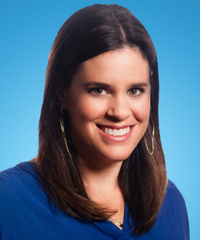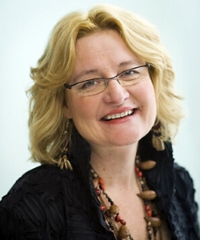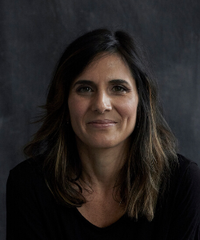Four natural product industry experts at Natural Products Expo East 2019 break down the key pieces to build your brand's budget the right way.

Are you cozy with your company's financials? Knowing its ins and outs—even if you're not the CFO—is ultimately the foundation of your brand's success. And a key piece is building out a strategic budget.
This is especially true with startups, according to Tera Johnson, founder of teraswhey, host of the Edible-Alpha podcast and now founder and director of Food Finance Institute. "In startups, it's not quite so predictable," she says about budgeting.
So, where to start when it comes to early stage brand budgeting? Fear not—Johnson, along with Bobo's CFO, Fresh Bellies founder and CEO and MarkEnomics founder share their simple yet poignant advice for planning your startup budget and doing it well.
 "Build yourself enough time to get a good budget in place."
"Build yourself enough time to get a good budget in place."

As an early and even later-stage brand, it's important to craft a budget from a holistic perspective; involving every department in the budget-building process means everyone can be on the same page and understand the numbers on a deep level. And in order to do so, it shouldn't be rushed.
As Sarah Van Houten, CFO of Bobo's, says, "The plan's not mine, the plan's ours." So, it's a great chance to figure out the best opportunities company-wide, focusing on it being a team effort.
"Make sure the process isn't so cumbersome that when the world changes, you can't go back and adapt."
isn't so cumbersome that when the world changes, you can't go back and adapt."

Flexibility is the name of the game in the startup world. The only thing guaranteed is change itself, so having the ability to adapt your company's budget with that change will keep you on par for success. As Johnson says, "If it's too rigid, then it becomes irrelevant."
In other words, flexibility within unpredictability.
 "Build from the bottom up as well as from the top down."
"Build from the bottom up as well as from the top down."

Bill Capsalis, founder of MarkEnomics, has seen many brands first build a sales plan then back into budgeting based on sales projections. But, he doesn't recommend that strategy. "You gotta be careful about just following a sales plan and a projection of sales and work a lot more closely with cost in relation to that," he says.
This mirrors Van Houten's advice to take a holistic approach to budgeting, not just who you involve in the process but how you approach it.
"Tracking is another best practice."
Saskia Sorrosa, founder and CEO of Fresh Bellies, covers what happens after planning your budget:
"Every month you're not hitting your target, you're gonna have to catch up the following month," which is something to be avoided if at all possible. Tracking your budget and tracking it often ensures you're making any important adjustments along the way as the world changes, as Johnson mentioned earlier.
At the end of the day, all of this budgeting advice boils down to cash, according to Johnson. Your brand needs a plan, but it also needs cash in order to achieve the plan. While it might feel easier to turn a blind eye to the nitty gritty details of your brand's financials, it's the way to get your innovative natural products brand out into the world to start making a lasting impact.
About the Author(s)
You May Also Like




